Sierra Leone
A one-legged footballer balances his body on crutches to beat a one-armed goalkeeper on a beach in Sierra Leone. Sheku Turay and others have found support and new meaning in life through this team.
"When I play football and the spectators cheer, I feel like I matter," says Sheku Turay, 37.
He was 12 years old when rebels attacked his village in Tonkolili district during the civil war that left tens of thousands dead from 1991 to 2002. Doctors sacrificed his leg to save him from gangrene. Most of the team members lost a leg or an arm during the war, others to road accidents or disease.
After a day's work as a tailor in a workshop in Kamayama, a sprawling suburb of Freetown, it is a gruelling struggle for Sheku Turay to climb up through the piles of rocks and branches to his one-room hut on the mountainside, amidst tin and cinderblock dwellings. On the way down, he has to carry his prosthesis on his back in a bag.
Sheku Turay says he has never received any help from the government or an NGO, but he is saving up to open his own shop.
"I don't depend on anyone for my survival, unlike other disabled people who beg on the street," he says proudly.
- Finger-pointing" -
Sometimes "memories of the war haunt me in my sleep". However, playing football since 2012 with the "Single Leg" association on a stretch of pristine Lumley beach "gives him inspiration, strength and joy".
"This team helps me find meaning in my life," he says.
There are 70 members of the team, including a dozen women, all of whom are victims of the war. The club was created in 2002, by Mamoudi Samai, pastor of a church in the Sheku Turay neighbourhood.
The team has set up a 20,000-square-metre organic farm about 30 km from the capital, which provides food and jobs for the players.
Lahai Makieu, 49, is the manager. He too has lost a leg.
Lahai Makieu describes a bleak daily life, where even taking the bus is a challenge. "In my society, the disabled are mocked, pointed at and discriminated against," he says.
"The government should open a specialised training school and allow us to have access to free education and care, as recommended in the TRC report," he says.
- Happy event -
This commission, set up to investigate the conflict, recommended in a report in 2004 that several categories of people affected by the war, including amputees, should receive compensation.
Since then, out of 32,000 people who registered, only 20,107 have received compensation ranging from $70 to $200 (€66 to €189), according to the National Commission on Disability.
In Freetown's Murray Town, the ageing National Rehabilitation Centre no longer sees war victims, but now patients with polio, road accidents and diabetic amputations say Abdulrahman Dumbuya, an orthopaedic surgeon and deputy director.
The centre, which charges low but not free fees, makes prostheses. "We lack staff and manufacturing equipment," Mr Dumbuya laments.
"Twenty years after the end of the war, some amputees feel useless and are unable to cope with life," laments Pastor Samai.
Lahai Makieu is not one of them. Disability "has not stopped me from having hope and achieving certain goals in my life," he says with a broad smile. This May, he will marry his partner Zainab Turay, 28, a one-legged football player like himself.



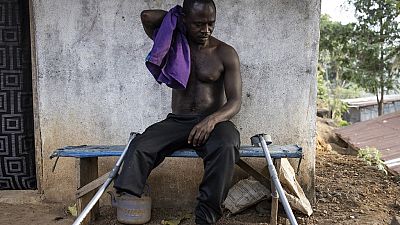

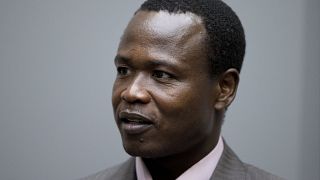
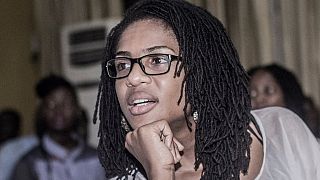
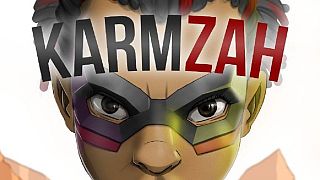
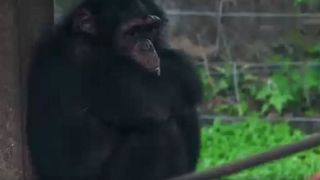
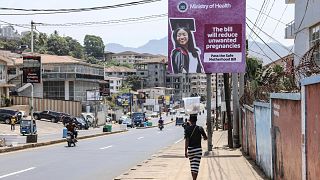
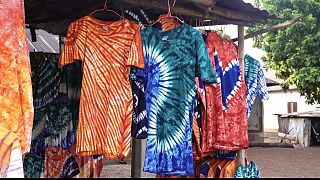



02:06
Kickball: a unique fusion of football and baseball for girls in Liberia
Go to video
Almost 300 killed in wave of violence in Sudan’s North Kordofan
02:03
Muhammadu Buhari's legacy: higlight of his presidential tenure
00:56
FIFA eyes 72-hour rest rule as club World Cup sparks
01:01
Kenya: Visa-free travel now available for many African and Caribbean countries
01:44
Brazil coach Ancelotti sentenced to one year in prison for tax fraud